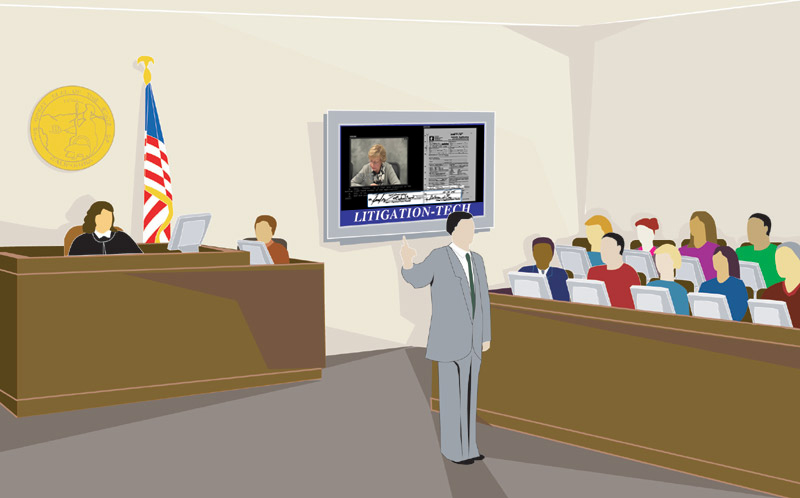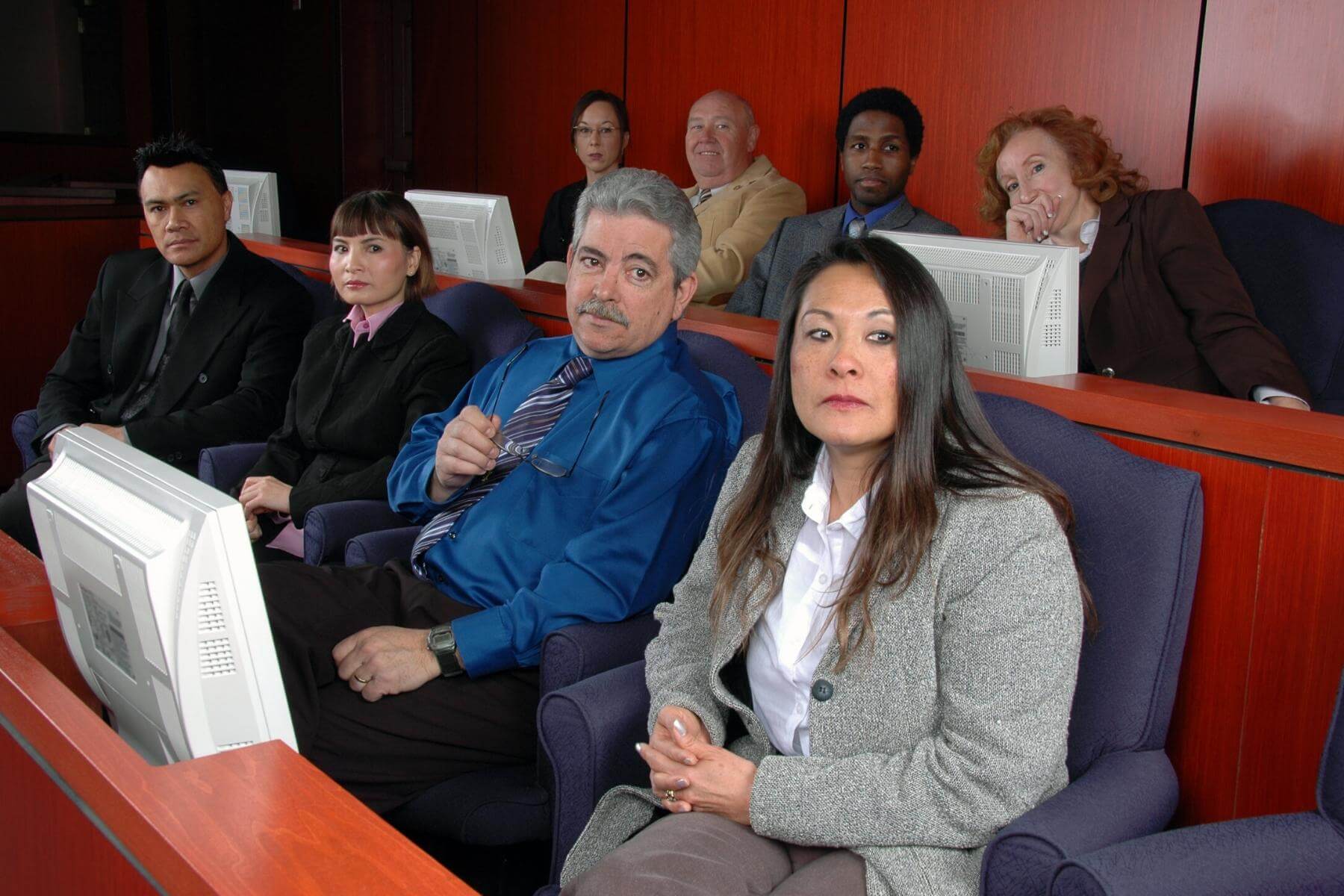Simplify legal arguments with interactive and structured trial presentations for better case presentation.
How Test Presentations Enhance Your Debate and Convince Jurors
Test presentations work as a pivotal device for enhancing legal disagreements and encouraging jurors. By incorporating visual help, narrative structures, and psychological engagement, lawyers can create a compelling case that reverberates on multiple levels. The critical use of visuals not just clears up complex details but additionally captures jurors' focus extra properly than words alone. The art of storytelling plays a similarly essential role in transforming valid evidence into an engaging narrative, shaping jurors' perceptions. Understanding these elements can dramatically affect trial results, increasing the inquiry of how each component adds to this intricate dynamic.

Importance of Aesthetic Aids
Aesthetic aids play an important function in enhancing the efficiency of test presentations, as they can significantly boost audience engagement and retention of information. In the context of a test, where jurors are charged with processing facility info, aesthetic help offer to simplify and make clear key points. Graphes, charts, and images can share data and ideas that might otherwise bewilder or confuse jurors, permitting a more uncomplicated understanding of the proof provided.
In addition, visual aids aid in maintaining juror interest throughout the process. By breaking the monotony of verbal testimony, these devices can punctuate important disagreements, making them more unforgettable. Effective visual help can additionally evoke emotional actions, which can be essential in encouraging jurors to align with the presenter's narrative.

Crafting Engaging Narratives
An engaging narrative is necessary in test presentations, as it functions as the backbone of reliable persuasion. It allows lawyers to weave together realities, proof, and emotional components into a systematic tale that reverberates with jurors. This narrative structure allows jurors to understand the complexities of the situation while directing them with the attorney's argument.
To craft an engaging narrative, lawyers ought to focus on quality and comprehensibility. Furthermore, the use of vivid descriptions can develop psychological pictures that help jurors visualize the events, making the story more remarkable.
Moreover, integrating key motifs throughout the discussion strengthens the core message and help in retention - trial presentations. The narrative ought to not only share information but also stimulate a sense of justice, highlighting the right here stakes entailed. Eventually, a well-constructed narrative promotes a link between the jurors and the case, positioning the attorney's debate as both legitimate and engaging, thus increasing the likelihood of a favorable judgment

Involving the Jury Psychologically
Efficient jury interaction pivots on the lawyer's capability to get in touch with jurors on an emotional degree. This connection can dramatically affect jurors' browse around this web-site understandings and their ultimate decision-making. Using sob stories enables attorneys to humanize the situation, changing abstract lawful principles right into relatable experiences. By presenting real-life stories or endorsements, lawyers can stimulate compassion and concern, promoting a deeper understanding of the issues at stake.
Aesthetic aids, such as photographs or video clips, can additionally enhance psychological engagement, supplying jurors with vibrant representations of the instance's human components. Crafting a narrative that highlights the struggles and accomplishments of the individuals involved makes certain that jurors see beyond the lawful arguments and recognize the human repercussions of their decisions.
An attorney's passionate shipment can reverberate with jurors, enhancing their emotional investment in the case. It's necessary to balance psychological allures with factual proof, ensuring that jurors really feel obliged to act while continuing to be grounded in the truth.
Structuring Your Discussion

The body of the presentation should be logically fractional into bottom lines, each sustained by compelling evidence. It is valuable to utilize narration methods to weave facts right into a story that jurors can easily adhere to. Aesthetic aids, such as graphes and videos, can improve understanding and interaction, aiding to highlight vital pieces of evidence.
Real-World Study
Taking a look at real-world instance studies offers invaluable insights right into the art of test discussions and persuasion. For instance, the Read More Here spots case of "O.J. Simpson v. Individuals of California" shows just how visual aids and compelling narratives can sway jury assumptions. The protection group successfully used a strategy that integrated top-level specialist testimonies with multimedia presentations, which captivated jurors and eventually influenced their decision.
Another noteworthy example is the "McDonald's Coffee Case," where the plaintiff's lawyers used visuals photos of the injuries endured by Stella Liebeck. trial presentations. This plain aesthetic evidence played a crucial function in sharing the intensity of her burns, leading to a considerable jury award. Such cases demonstrate that impactful trial presentations usually depend upon the effective integration of visuals and narration to stimulate psychological responses from jurors
Moreover, the "Casey Anthony Test" highlighted the value of narrative comprehensibility and credibility. The prosecution's failure to establish an engaging timeline decreased their convincing power, emphasizing the requirement of a well-structured discussion. Analyzing these instances reveals that successful trial presentations call for tactical planning, emotional interaction, and the capacity to reverberate with jurors' worths and beliefs.
Conclusion
Trial discussions significantly improve arguments and convince jurors via the tactical use of aesthetic help, engaging stories, and emotional involvement. A well-structured discussion balances psychological appeals with valid proof, eventually resonating with jurors' values.